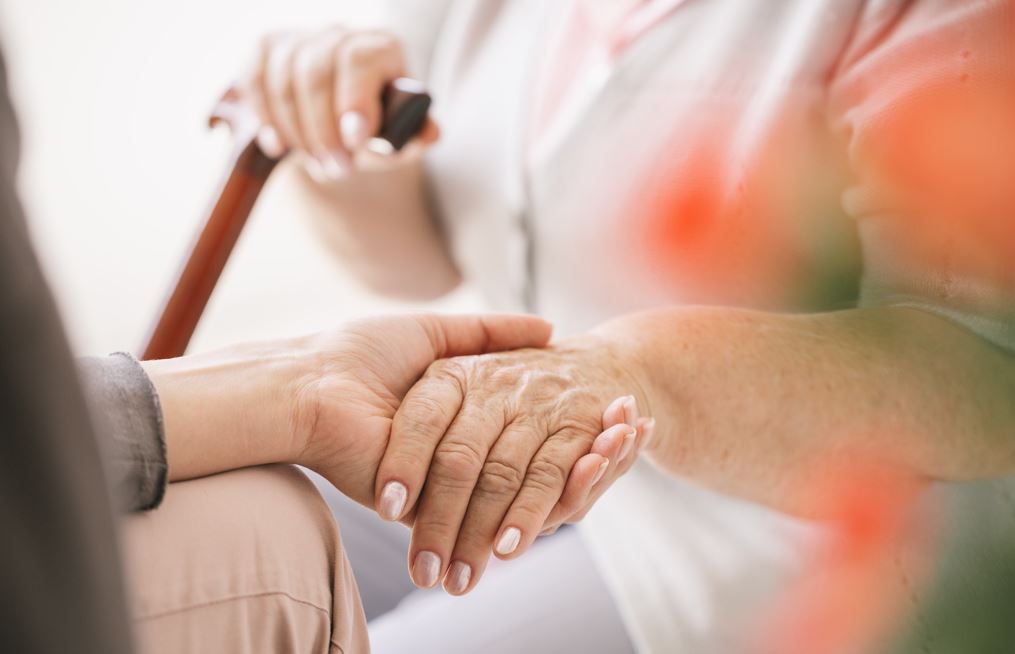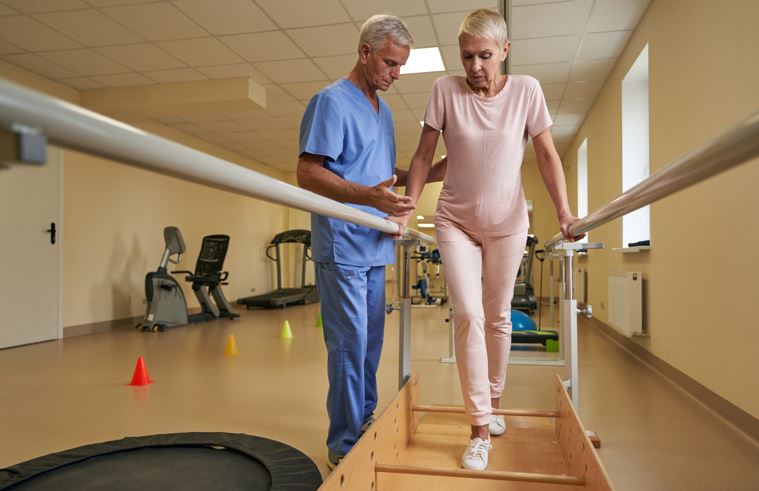While exercise is an important part of a healthy lifestyle, it’s even more important for people struggling with a degenerative disease like Parkinson’s. The physical effects of this brain disorder can be quite disruptive but studies have shown that incorporating regular exercise into a patient’s routine can help mitigate some of these symptoms, as well […]
Inpatient Inactivity Delays Recovery – Active-Passive Therapy Helps
Recovering from an inpatient procedure or surgery can be a difficult and strenuous process. The inactivity that is often inherent with a hospital stay just serves to delay and complicate a patient’s recovery, so early mobility is often essential. While movement can be a struggle, especially depending on the procedure or surgery that was performed, […]
Does Passive Ergometer & Cycling Actually Provide Benefits
Physical activity and movement are an important part of a healthy lifestyle, and this fact doesn’t change for those experiencing health issues that might prevent it. When recovering from or maintaining disorders like Multiple Sclerosis, brain or spinal cord injuries, stroke and neurological or neuromuscular disorders like Alzheimer’s, cerebral palsy and Parkinson’s, movement can be […]
The Benefits of Ergometer/Cycle Training for Multiple Sclerosis
For patients dealing with Multiple Sclerosis, incorporating physical activity into their daily maintenance plan can be a daunting task. When any condition causes movement to feel difficult, strained or painful it can be easy to want to avoid it altogether. However, there are significant benefits for Multiple Sclerosis patients to include a level of movement […]
Best Ways to Support Mobility During Recovery from Stroke
When recovering from a stroke early mobilization is key in order to stimulate the brain to rebuild the neural pathways involved in movement patterns. Incorporating repetitive movement into the rehabilitation process can help patients to regain function and improve muscle strength and mobility. Mobilization begins soon after the stroke MedupV2 Bike is ideally suited for stroke recovery […]




